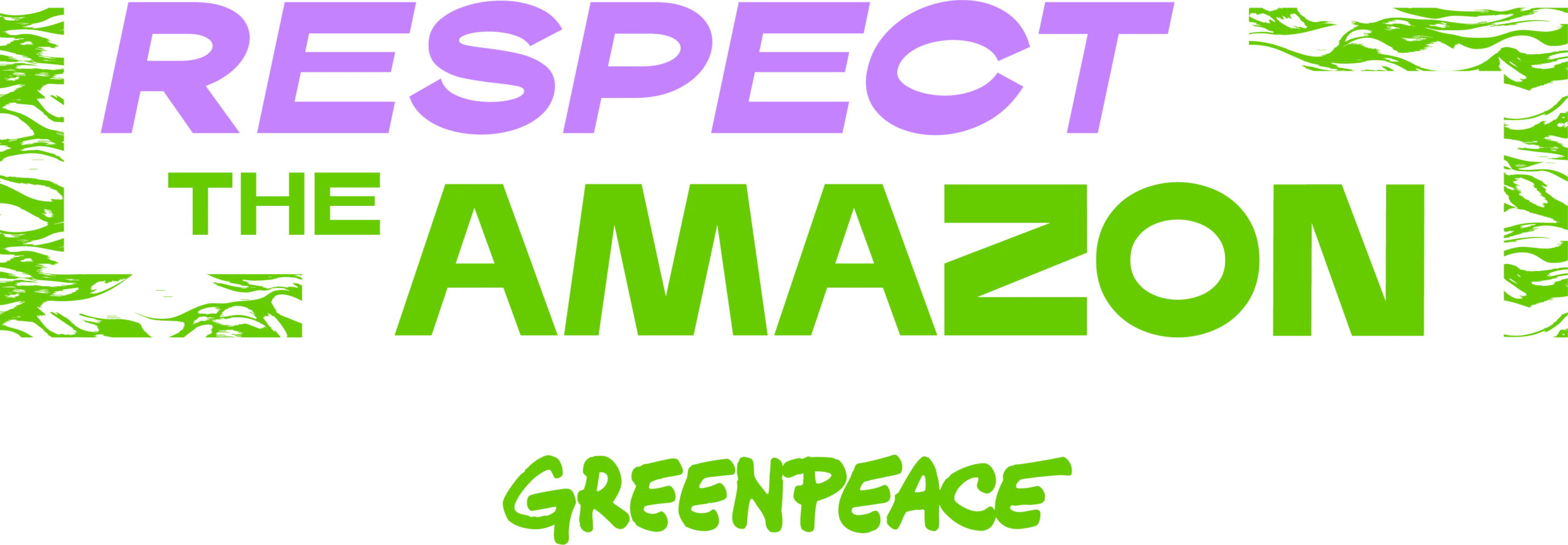Ituna-Itatá Indigenous Lands
Farmers with properties inside the Ituna-Itatá Indigenous Land are among JBS’s indirect suppliers, according to a Greenpeace Brasil study. This Indigenous Land was the most deforested area in Brazil in 2019, and 94% of its territory is registered to private individuals through the Rural Environmental Registry (Cadastro Ambiental Rural – CAR), a self-declaratory system that has been used to give the appearance of legality to land ownership.
